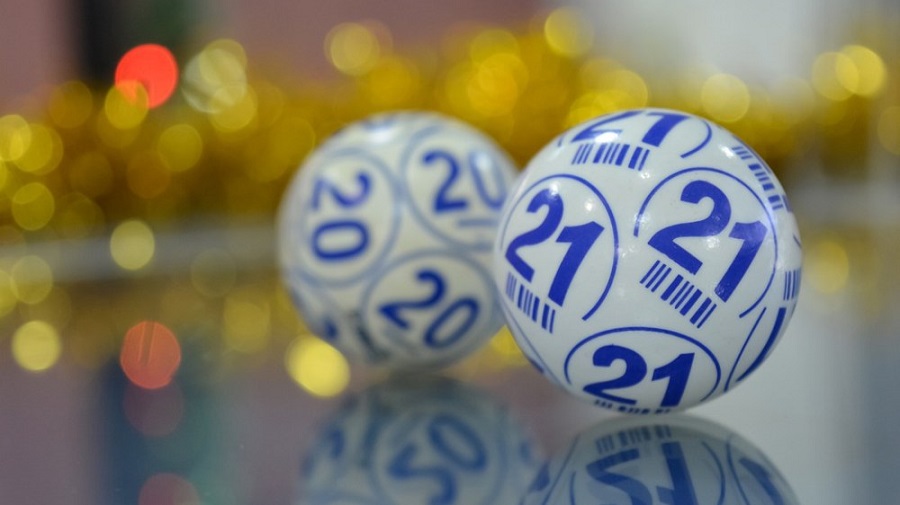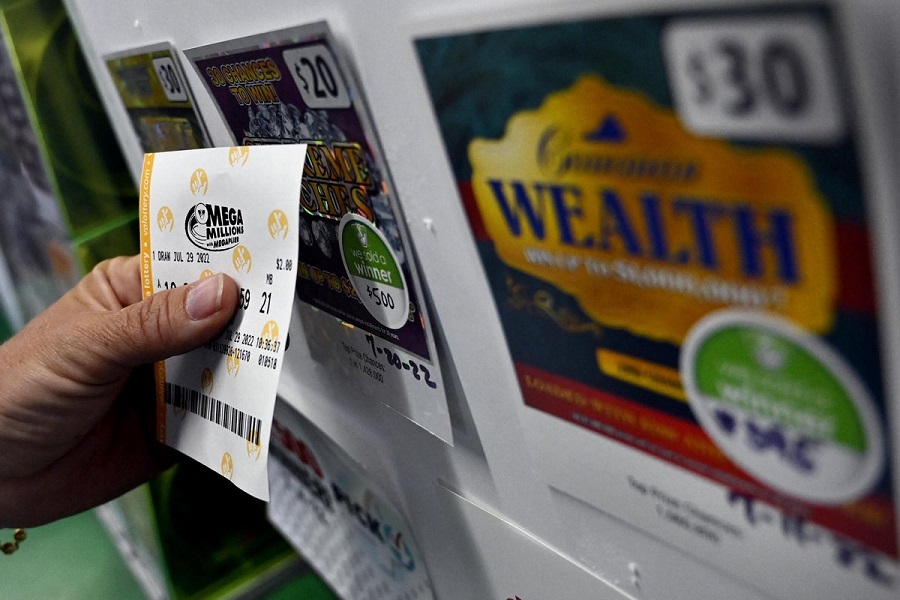Debunking the Top 4 Lottery Myths: The Truth Behind the Tickets

Lotteries have captivated the imagination of people for centuries, often being seen as a golden ticket to life-changing wealth. With the allure of huge jackpots and the thrill of the draw, many myths have inevitably arisen. This article seeks to debunk the top four myths surrounding the world of lotteries.
The Origins of Lottery Myths
Throughout history, lotteries have been shrouded in mystery and excitement. This environment has given birth to numerous myths, tales, and superstitions. From stories of cursed winners to the idea that only the “lucky ones” win, these myths have taken a life of their own.
While some myths are harmless and simply add to the fun, others can impact a player’s decision-making process, often leading them astray. Understanding the origins of these myths is the first step towards debunking them.
Most of these misconceptions stem from our innate desire to find patterns in everything, combined with the randomness inherent in lottery draws. These myths have been perpetuated by media, pop culture, and sometimes, even by the winners themselves.
Myth 1: Some Numbers Are Luckier Than Others
One of the most pervasive myths is that certain numbers are “luckier” than others. Whether it’s based on personal experiences, historic draws, or numerology, many people believe some numbers have a higher chance of being drawn. The reality? Every number has an equal chance. Lottery draws are random, and no specific number holds a magical property to make it appear more often.
The myth gains traction as people naturally look for patterns. When a number appears frequently over a short period, it’s seen as “hot”. Conversely, if it hasn’t been drawn for a while, it’s considered “due”. This is a cognitive bias known as the Gambler’s Fallacy.
Myth 2: Once a Jackpot is Won, It Won’t Be Won Again Soon
This myth stems from the belief that lightning doesn’t strike the same place twice. If a massive jackpot is won, many believe that it’s unlikely to be won again soon. But, like the numbers drawn, the occurrence of jackpots is also random. Past wins do not influence future outcomes.
Such misconceptions can deter players from participating, thinking they’ll have to wait for the “next big one.” However, every draw presents a new chance, uninfluenced by the previous result.
Additionally, the size of the jackpot often depends on ticket sales. If sales remain high, so will the jackpot, regardless of previous wins.
Myth 3: Buying More Tickets Increases Your Odds Drastically
On the surface, this myth seems logical. If one ticket gives you a chance, surely more tickets mean more chances? While technically true, the increase in odds is often minuscule compared to the overall odds of winning.
For example, if the odds of winning a lottery are 1 in 300 million, buying 10 tickets will make it 10 in 300 million. While the odds are better, they’re not significantly so. It’s essential to play responsibly and not get carried away with the idea of “boosting” odds with bulk ticket purchases.

Myth 4: Lottery Wins are Cursed
This popular myth, often sensationalized by the media, suggests that lottery winners are doomed to suffer misfortunes. While there have been stories of winners facing challenges post-victory, attributing it to a “curse” is far-fetched.
Winning a substantial amount can indeed bring about life changes and challenges. However, with sound financial planning and personal choices, winners can navigate these waters. Each story is individual, and attributing a blanket “curse” theory is misleading.
Conclusion
Lotteries are thrilling, offering a chance at life-changing rewards. While myths add to the allure, it’s essential to differentiate fact from fiction. Play responsibly, enjoy the experience, and always be informed.
